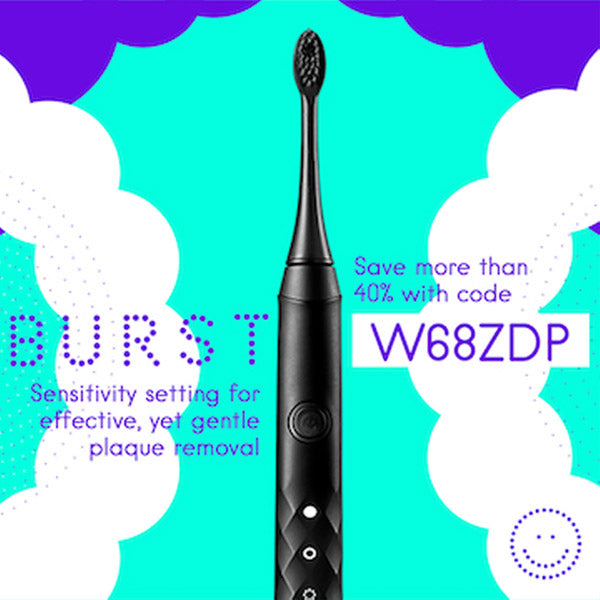What are Bisphosphonates?
Throughout our lives, our bodies go through a natural process that breaks down and rebuilds bone. Bisphosphonates (pronounced Bis-foss-fo-nates) are medications that inhibit the breakdown of bone. Many people take an oral form of these medications for Osteoporosis. Bisphosphonates may be used with some cancer treatments (usually in IV form) to prevent complications called "Skeletal Related Events" (SRE's.) SRE's include bone pain, fractures and spinal compressions. Bisphosphonates may also help prevent cancer from spreading to the bone and have shown to produce some anti-tumor effects. Some of the common names include Zometa® and Aredia®. Another medication that has similar effects (but is technically not a Bisphosphonate) is Denosumab, with the brand names Xgeva®.
What are the concerns regarding the use of Bisphosphonates?
Medication Related Osteonecrosis of the Jaw (MRONJ) is a condition were the bone in the jaw begins to weaken and die. Those who have these medications administered in IV form are at greater risk of complications than those who take them orally. Most cases occur due to trauma but some can develop spontaneously. Although MRONJ is a rare complication, it is important to take steps to prevent it from occurring because the effects can be painful, disfiguring and lead to problems with eating and nutrition.
What to look for:
· Pain in the mouth
· A feeling of numbness or heaviness in the jaw
· Swelling in the mouth
· Drainage in the mouth
· Loosening of teeth
· Exposed bone in the mouth
Report any symptoms to your physician or dentist as soon as possible. Early treatment is essential.
You can reduce your risks of developing MRONJ by having preventive dental care prior to starting treatments. It's important to perform any needed extractions or invasive dentistry before its use. A healthy mouth is much less likely to suffer from MRONJ. Practice good oral hygiene and avoid tobacco and alcohol. Inform your dentist and hygienist if you have been treated with oral or IV Bisphosphonates. Avoid any trauma to the jaw bone like extractions (unless absolutely necessary) and implants after you begin treatments with Bisphosphonates. These medications can stay in your system for several years after they are used, so your risks of MRONJ are still present after your treatments are complete.
For more information visit http://www.aaoms.org/news/aaoms-position-paper-renames-and-expands-the-scope-of-bisphosphonate-relate




